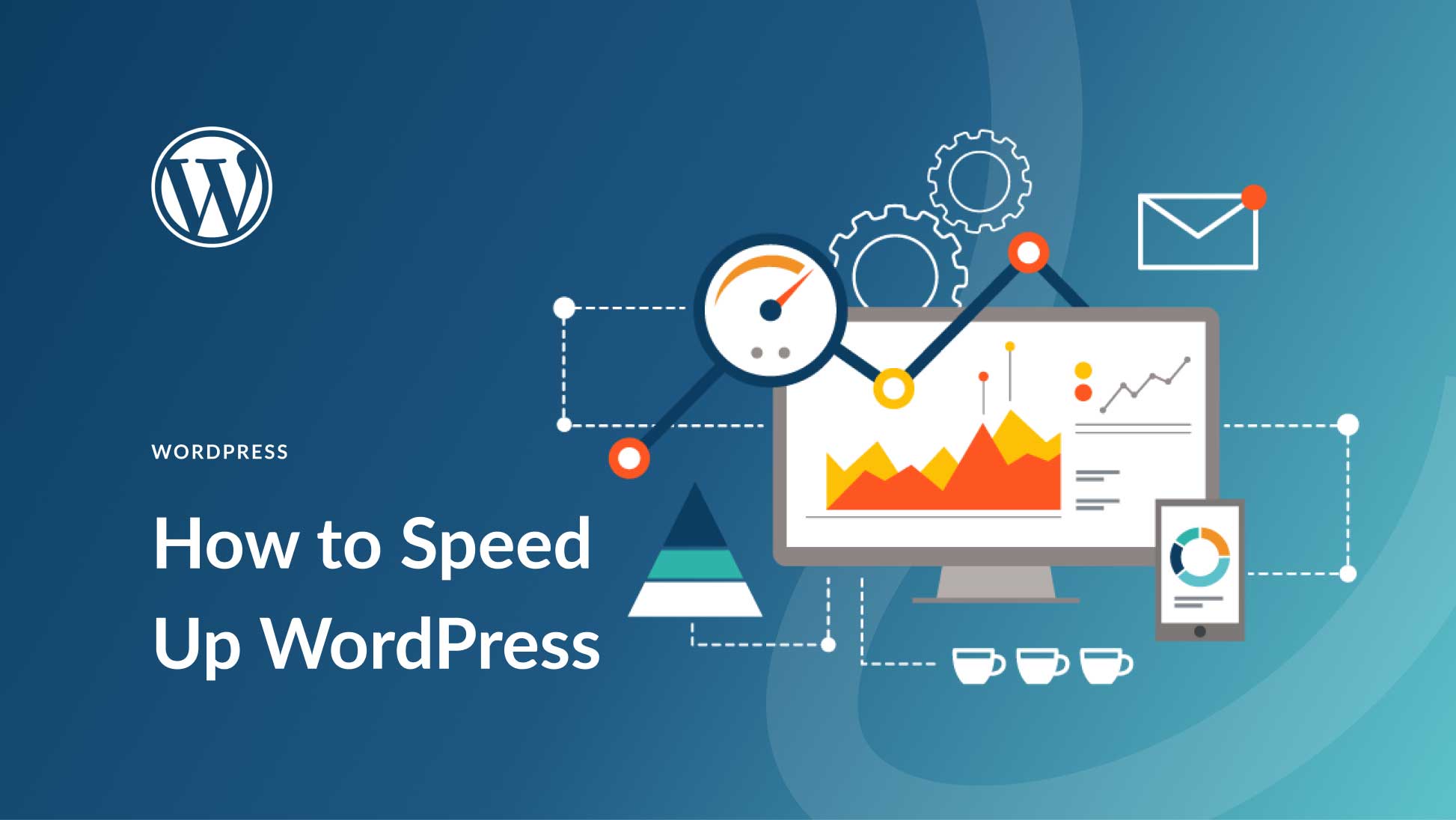Ways to Speed Up Your WordPress Site
WordPress is a powerful content management system that powers millions of websites worldwide. However, one common issue that many WordPress site owners face is slow loading times. A slow website not only frustrates visitors but also negatively impacts your search engine rankings. In this article, we will discuss some effective ways to speed up your WordPress site and improve user experience.
1. Choose a Reliable Hosting Provider
Your hosting provider plays a crucial role in determining the speed and performance of your WordPress site. Opt for a reliable hosting provider that offers fast server speeds, uptime guarantees, and excellent customer support. Consider using a managed WordPress hosting service for improved performance.
2. Use a Lightweight Theme
Choose a lightweight and responsive theme for your WordPress site. Avoid heavy themes with unnecessary features and bloated code. Use a minimalist theme that focuses on speed and performance. You can also consider using a framework like Genesis or Divi for enhanced speed optimization.
3. Optimize Your Images
Large images can slow down your WordPress site significantly. Optimize your images by resizing them to the correct dimensions and compressing them without compromising quality. Use image optimization plugins like Smush or EWWW Image Optimizer to automatically optimize your images for maximum speed.
4. Enable Caching
Caching can dramatically improve the speed of your WordPress site. Install a caching plugin like W3 Total Cache or WP Super Cache to create cached versions of your pages and reduce server load. Configure the caching plugin settings for optimal performance and regularly clear the cache to ensure its effectiveness.
5. Minify CSS and JavaScript Files
Minifying CSS and JavaScript files can reduce file sizes and speed up load times. Use tools like Autoptimize or WP Rocket to minify and combine your CSS and JavaScript files. Additionally, consider loading CSS and JavaScript files asynchronously to prevent render-blocking and improve site performance.
6. Optimize Database and Cleanup Plugins
Regularly optimize your WordPress database by removing unnecessary data, spam comments, and post revisions. Use plugins like WP-Optimize or WP-Sweep to clean up your database and improve site speed. Limit the use of unnecessary plugins that can slow down your site and regularly update them for optimal performance.
7. Enable GZIP Compression
Enable GZIP compression to reduce file sizes and speed up data transfer. Check if your hosting provider offers GZIP compression or use a plugin like WPOptimize to enable it. GZIP compression can significantly decrease page load times and improve overall site performance.
8. Consider Content Delivery Network (CDN)
A Content Delivery Network (CDN) can distribute your site’s static files across multiple servers worldwide, reducing server load and improving load times. Consider using a CDN service like Cloudflare or MaxCDN to deliver content faster to your site visitors. Configure your CDN settings properly for maximum speed optimization.
Conclusion
By implementing the above strategies, you can significantly speed up your WordPress site and provide a better user experience for your visitors. Regularly monitor your site’s speed and performance using tools like GTmetrix or Pingdom and make necessary adjustments to optimize site speed. Remember that a fast-loading website not only improves user satisfaction but also boosts your search engine rankings. Speed up your WordPress site today and enjoy the benefits of a fast and responsive website!
